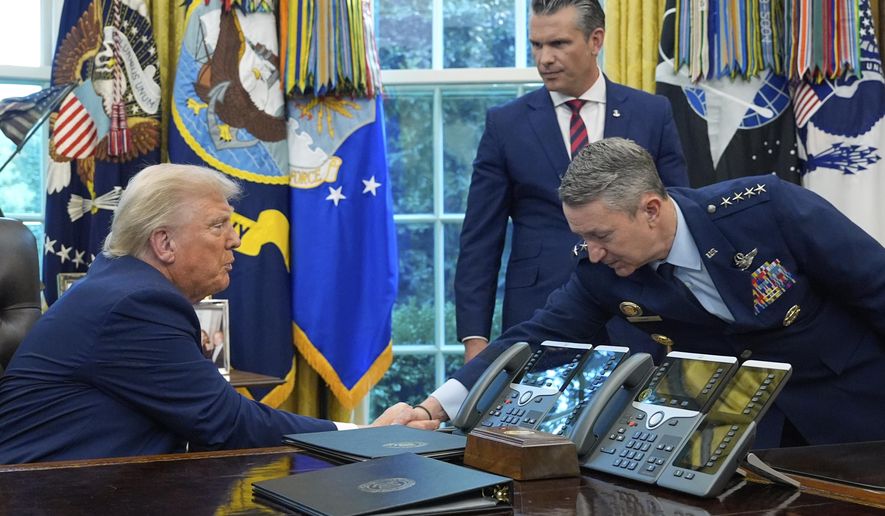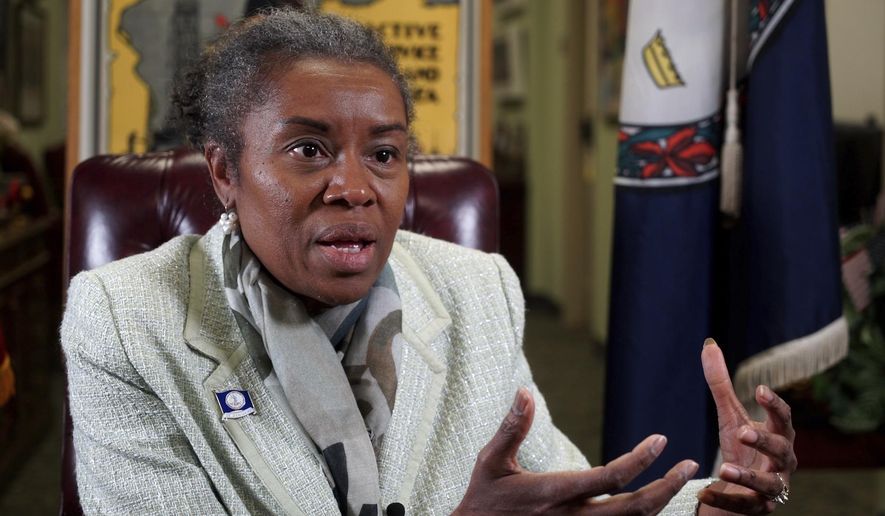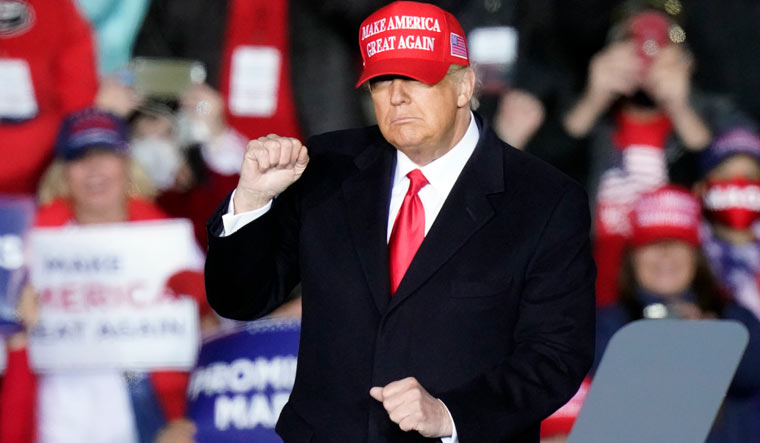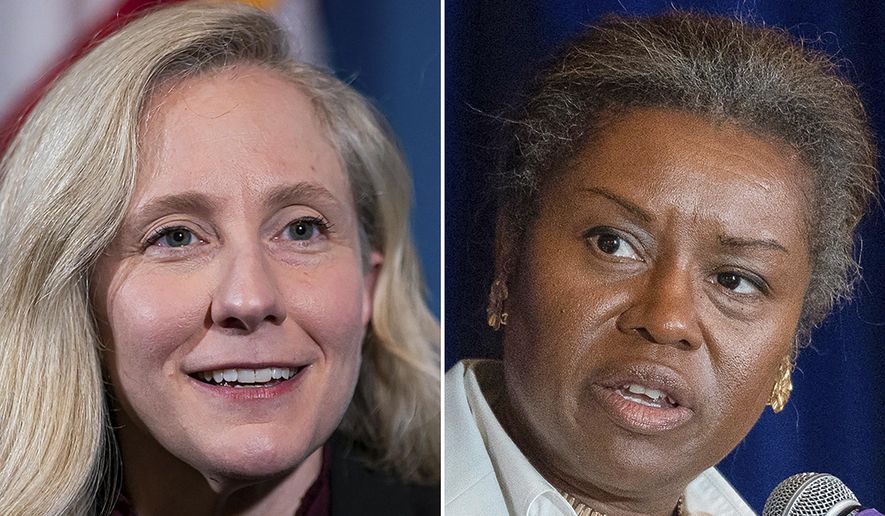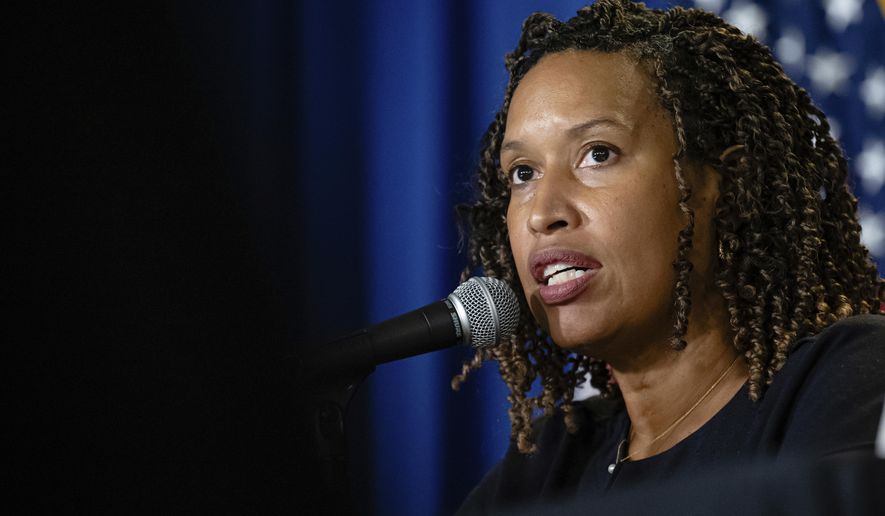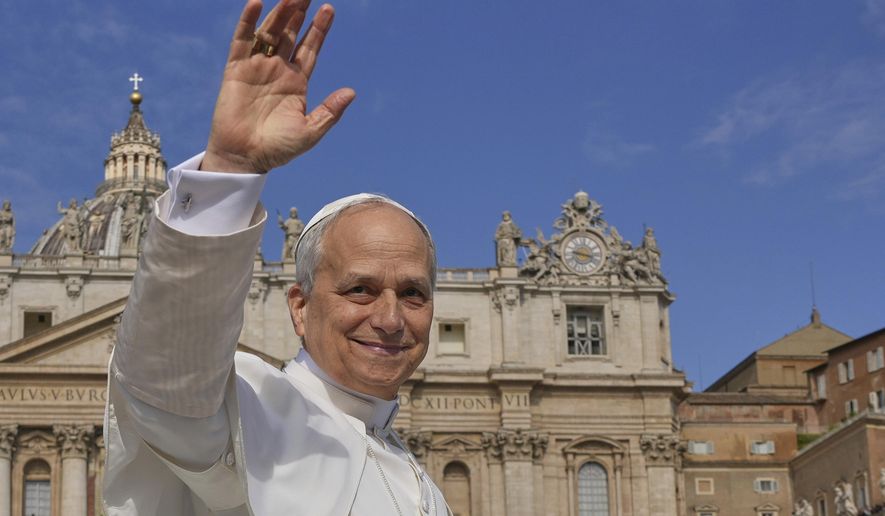
The Washington Times Editorial Board | May 23, 2025
(The Washington Times) — The world’s Roman Catholic faithful celebrated the selection of their 267th leader earlier this month. Pope Leo XIV, a Chicago native, assumed the role after the death of Pope Francis, a South American progressive.
If not a conservative, the new pontiff is certainly more inclined to appreciate traditional views. In an address last Thursday, he praised the Christian Brothers, an order that runs more than 1,100 schools around the world, singling out how the group involved parents in the education of their children.
His remarks described the cultural danger of rapid-fire social media distributed by computer algorithms designed to drive engagement above all else. This cultivates “isolation” and “superficiality, individualism and emotional instability,” he explained. Most of all, the new pope says he is troubled by “the spread of patterns of thought weakened by relativism.”
Relativism and emotionalism are the twin cornerstones of liberal thought, and it’s refreshing to see them acknowledged as threats to proper instruction. Artificial intelligence represents the other major hazard.
Like all other tools, AI can be used for good or ill. Without much thought for the consequences, the world’s technology giants have collectively decided to shove AI features into every smartphone, laptop and toaster, regardless of whether consumers want them. There’s no avoiding it now.
As a result, teachers are no longer able to assign essays as homework assignments. There is no point because AI can do the research and draft a superficially appealing paper within a matter of moments. It takes just the press of a few buttons. Closer analysis of the AI output reveals that the words tend to be the product of groupthink and, sometimes, machine hallucination.
In his inaugural speech, the bishop of Rome explained that he chose the name Leo because he sees himself following in the footsteps of Leo XIII, the 19th-century pope who presided over the industrial revolution.
“In our own day, the church offers to everyone the treasury of her social teaching in response to another industrial revolution and to developments in the field of artificial intelligence that pose new challenges for the defense of human dignity, justice and labor,” the 21st-century Leo said.
He sees the negative impact the technology is already having on society and its potential for abuse. Consider how Google was so committed to spreading leftism with its first AI offering, Gemini, that it inserted “diversity” into everything. Users who asked for images of the Founding Fathers were shown Black men. A Black woman was generated to illustrate what a Viking looked like. The distortion of history was too obvious to ignore.
As the technology improves, the manipulation will become more subtle. Big Tech’s opaque computer code will supplant millions of jobs, and the transition may not be pleasant. The industrial revolution’s elimination of millions of tedious jobs was also marked by unrest, but society did adapt and prosper.
Perhaps the most promising adaptation would be a return to the basics in the schoolhouse. AI’s proliferation ought to force teachers to bring back in-class writing assignments using old-fashioned pen and paper. Classroom discussions will be the only way to verify whether students have really learned the material.
Traditional schools and homeschooling have already surged in popularity as parents rediscover the value of classical education. It remains the timeless answer to humanity’s newest challenge.
As this transition continues, it will be good to know that someone besides a handful of Silicon Valley tech entrepreneurs will be thinking through the moral implications of AI policy.







